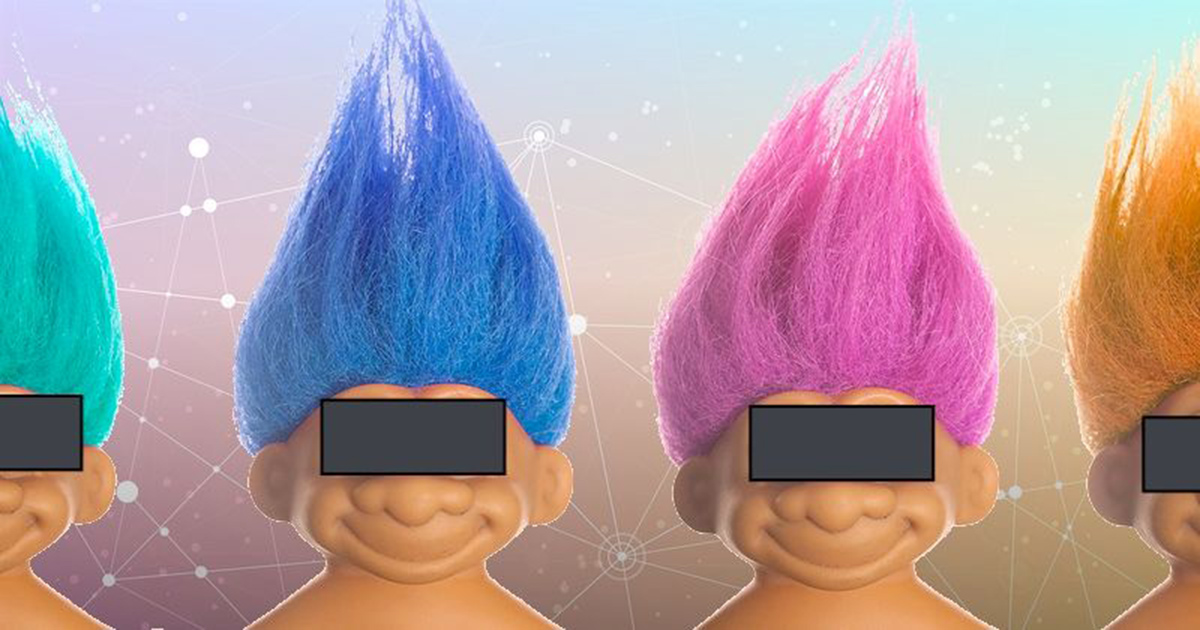
The Prime Minister of Australia has said his government will introduce legislation which will compel social media companies to “unmask anonymous online trolls,” and allow victims to launch defamation proceedings.
Morrison, who is readying himself for a general election next year, says that his legislative reforms will give victims of defamatory online comments two ways to identify their abusers, and resolve disputes:
- Global social media platforms will be required to establish a quick, simple and standardised complaints system that ensures defamatory remarks can be removed and trolls identified with their consent.
- A new Federal Court order will be established that requires social media giants to disclose identifying details of trolls to victims, without consent, which will then enable a defamation case to be lodged.
Announcing the planned reforms, Australian Prime Minister Scott Morrison said the rules that exist in the real world should exist online too:
“Anonymous trolls are on notice, you will be named and held to account for what you say. Big tech companies are on notice, remove the shield of anonymity or be held to account for what you publish. In a free society with free speech, you can’t be a coward and attack people and expect not to be held accountable for it.”
Of course, a social media company can only reveal an account owner’s true identity if it knows that identity. And it remains unclear just how a social media site would collect and validate a user’s identity details, let alone how securely that sensitive information would be stored.
These are all good questions that need answering. But there’s another big issue which is ignored by simplistic demands for social media sites to reveal the true identities of their users: what about those users for whom anonymity is essential?
For instance, sexual or domestic abuse survivors, whistleblowers, and those living under authoritarian regimes. Anonymity for such internet users is not a nice-to-have, it’s often a necessity.
Anonymous profiles can contribute to the spread of misinformation and fake news, or engage in bullying and hate crime, but removing anonymity could gag users where freedom of speech does not exist, or users have genuine, legitimate fears of their identity being made public.
Yes, we would all like conversations online to be more civil, and there is undoubtedly more than social media sites could do to moderate and police in a timely fashion those who abuse services. But taking away everyone’s right to anonymity seems too big a price to pay.